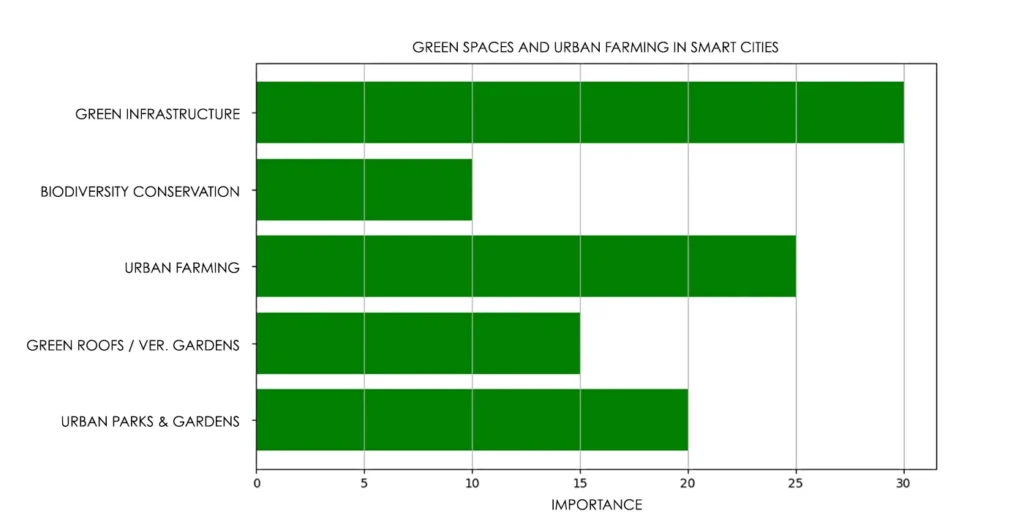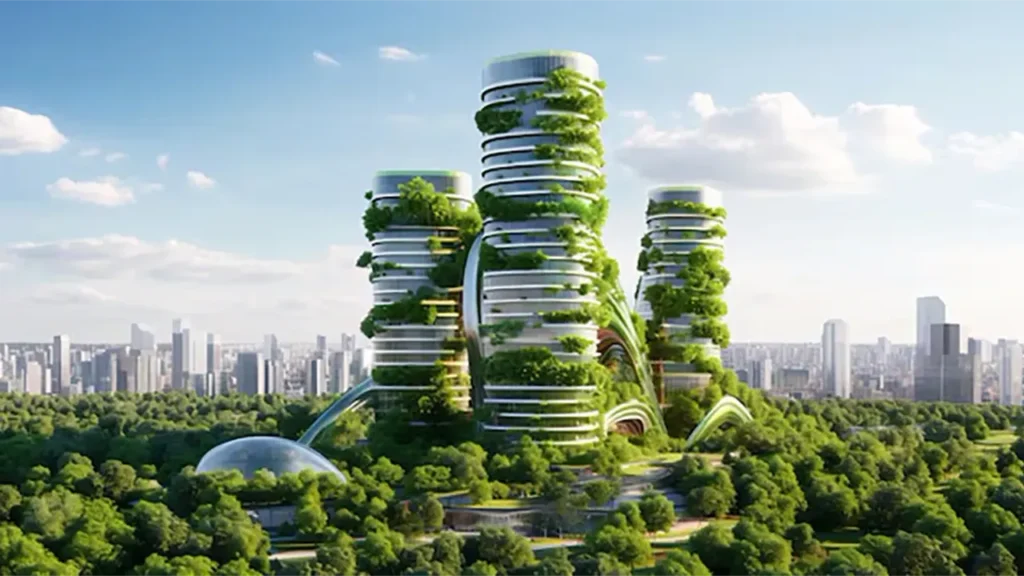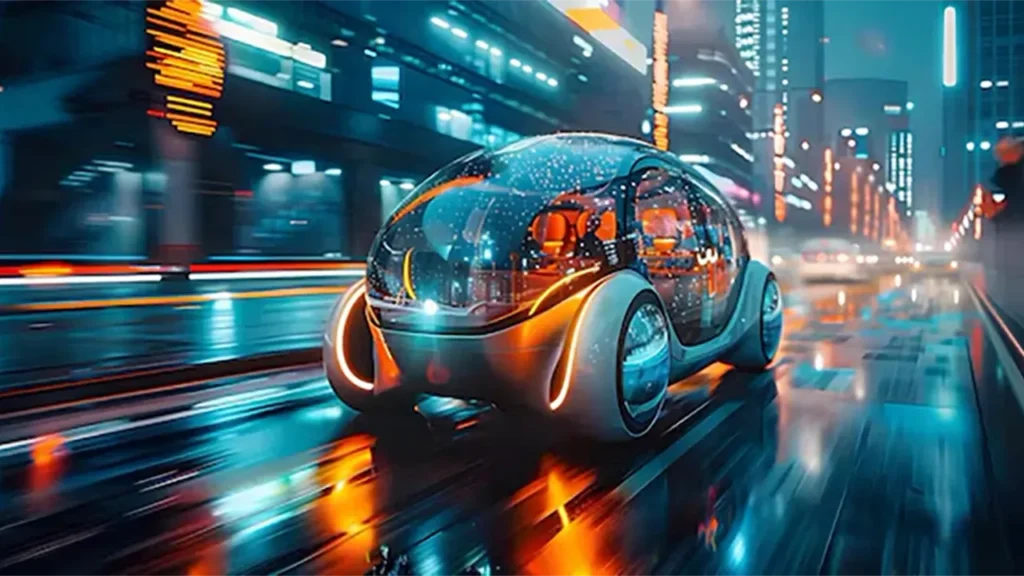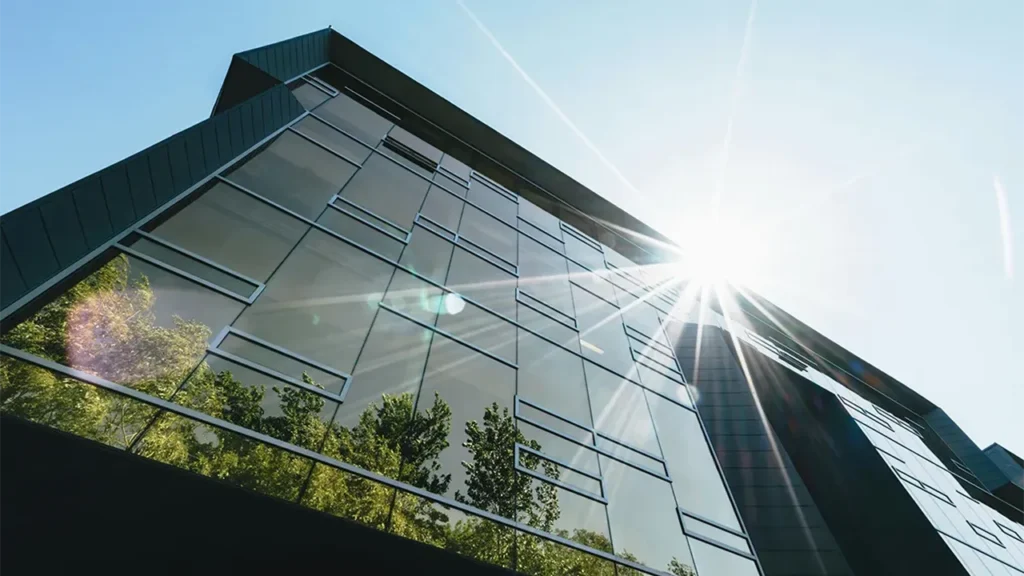Table of Contents
Smart cities and their importance in the modern world
Imagine a world where cities are not just concrete jungles but thriving, sustainable ecosystems that prioritize the well-being of both residents and the environment. Welcome to the era of smart cities, where technology and innovation converge to create urban spaces that are not only efficient but also green-friendly and climate-conscious. In today’s rapidly evolving world, cities are facing unprecedented challenges, from overcrowding and traffic congestion to air pollution and resource depletion. However, the concept of smart cities offers a viable solution to these pressing issues, enabling cities to leverage cutting-edge technologies and data-driven insights to enhance the quality of life for their residents while minimizing their environmental footprint.
As you embark on this transformative journey, you’ll discover how smart cities are redefining urban living, fostering a harmonious coexistence between humans and nature. By embracing green-friendly solutions and adopting climate-smart practices, your city can become a beacon of sustainability, setting an example for others to follow.
Benefits of adopting environment-friendly solutions
Embracing green-friendly solutions in your smart city is not just a noble endeavor; it’s a strategic investment in the future of your community and the planet. By prioritizing environmental sustainability, you unlock a myriad of benefits that extend far beyond the boundaries of your city.
- Improved Air Quality: Smart cities leverage innovative technologies and green initiatives to reduce air pollution, such as implementing electric vehicle infrastructure, promoting public transportation, and incorporating green spaces that act as natural air filters.
- Energy Efficiency: Through the implementation of smart grids, renewable energy sources, and energy-efficient building designs, smart cities significantly reduce their carbon footprint and energy consumption, contributing to a cleaner and more sustainable future.
- Resource Conservation: By adopting smart waste management systems, water conservation strategies, and circular economy principles, smart cities minimize their reliance on finite resources, promoting a more sustainable and resilient urban ecosystem.
- Enhanced Quality of Life: Green spaces, clean air, and efficient resource management not only contribute to a healthier environment but also improve the overall well-being and happiness of residents, fostering a sense of community and pride in their green-friendly city.
- Economic Opportunities: As the demand for sustainable solutions continues to grow, smart cities positioned at the forefront of green-friendly innovation become attractive destinations for businesses, investors, and talent, driving economic growth and job creation.
By embracing these benefits, you are not only creating a more livable and sustainable city but also setting an example for others to follow, inspiring a global movement towards a greener and more climate-conscious future.
Technology-driven solutions for environmental monitoring and conservation in smart cities
At the heart of every smart city lies a network of cutting-edge technologies that enable real-time monitoring, data-driven decision-making, and innovative solutions for environmental conservation. By leveraging these powerful tools, you can transform your city into a green-friendly and climate-smart hub, ensuring a sustainable future for generations to come.
- Internet of Things (IoT) and Sensor Networks: Strategically placed sensors throughout the city can collect valuable data on air quality, noise levels, traffic patterns, and energy consumption, providing insights that inform targeted interventions and optimize resource allocation.
- Big Data Analytics and Artificial Intelligence (AI): By harnessing the power of big data analytics and AI, smart cities can process vast amounts of environmental data, identify patterns and trends, and develop predictive models to anticipate and mitigate potential issues before they escalate.
- Smart Grids and Renewable Energy Integration: Intelligent energy management systems, coupled with the integration of renewable energy sources such as solar, wind, and geothermal power, enable smart cities to reduce their reliance on fossil fuels and minimize their carbon footprint.
- Smart Waste Management: Through the implementation of smart waste collection and recycling systems, cities can optimize waste disposal routes, reduce greenhouse gas emissions, and promote a circular economy that maximizes resource utilization.
- Smart Transportation and Mobility Solutions: By leveraging real-time traffic data, intelligent traffic management systems, and sustainable transportation options like electric vehicles and bike-sharing programs, smart cities can alleviate congestion, reduce emissions, and promote eco-friendly mobility.
These technology-driven solutions not only empower your city to monitor and conserve its environmental resources but also foster a culture of data-driven decision-making and continuous improvement, ensuring your city remains at the forefront of green-friendly and climate-smart innovation.
Green spaces and urban farming
In the midst of towering skyscrapers and bustling streets, smart cities are embracing the importance of green spaces and urban farming as vital components of a sustainable and livable urban environment. By integrating these elements into the fabric of your city, you can create a harmonious balance between urban development and nature, fostering a sense of well-being and promoting environmental stewardship.

– Image is for visualization purposes only –
- Urban Parks and Gardens: Strategically designed and maintained urban parks and gardens not only provide residents with recreational spaces but also serve as natural air filters, reducing air pollution and creating pockets of tranquility within the city.
- Green Roofs and Vertical Gardens: Innovative green roof and vertical garden technologies allow cities to maximize their limited space, transforming underutilized areas into lush, vibrant spaces that improve air quality, insulate buildings, and enhance the overall aesthetic appeal of the urban landscape.
- Community Gardens and Urban Farming: By encouraging community gardens and urban farming initiatives, smart cities can promote sustainable food production, reduce food miles, and foster a sense of community engagement and environmental awareness among residents.
- Biodiversity Conservation: Through the preservation and restoration of natural habitats within the city limits, smart cities can protect and nurture local flora and fauna, contributing to the overall ecological balance and creating educational opportunities for residents to appreciate and connect with nature.
- Green Infrastructure: Smart cities are embracing green infrastructure solutions, such as permeable pavements, bioswales, and rain gardens, to manage stormwater runoff, reduce urban flooding, and promote water conservation.
By incorporating these green spaces and urban farming initiatives, your city not only enhances its environmental sustainability but also creates a more livable and attractive environment for residents, fostering a sense of pride and belonging in a truly green-friendly and climate-smart community.
The role of technology in revolutionizing urban living
In the era of smart cities, technology plays a pivotal role in revolutionizing urban living, enabling cities to become more efficient, sustainable, and responsive to the needs of their residents. By embracing cutting-edge innovations and leveraging the power of data, your city can unlock a world of possibilities, transforming the way people live, work, and interact with their surroundings.
- Smart Homes and Buildings: Intelligent home automation systems, energy-efficient appliances, and smart building management systems not only enhance comfort and convenience but also contribute to energy conservation and reduced environmental impact.
- Smart Utilities and Resource Management: Through the integration of smart meters, real-time monitoring, and predictive analytics, cities can optimize resource allocation, reduce waste, and promote sustainable consumption practices among residents.
- Smart Mobility and Transportation: Intelligent transportation systems, ride-sharing platforms, and autonomous vehicle technology are revolutionizing the way people move within cities, reducing traffic congestion, improving accessibility, and minimizing environmental impact.
- Smart Healthcare and Well-being: Telemedicine, wearable devices, and remote monitoring technologies are transforming healthcare delivery, enabling preventive care, early intervention, and improved access to medical services, ultimately enhancing the well-being of residents.
- Smart Governance and Citizen Engagement: Through digital platforms and e-governance initiatives, smart cities are fostering transparency, accountability, and citizen participation in decision-making processes, empowering residents to play an active role in shaping the future of their communities.
Sustainable urban development through innovation and collaboration
By embracing these technological advancements, your city can not only enhance the quality of life for residents but also position itself as a leader in sustainable urban development, attracting talent, investment, and fostering a vibrant and resilient community. Embrace the future of sustainable living today! Join the movement towards creating a green-friendly and climate-smart city by exploring innovative solutions and participating in community initiatives. Together, we can build a thriving urban environment that prioritizes environmental stewardship and ensures a better tomorrow for generations to come.
As you embark on this transformative journey, remember that creating a green-friendly and climate-smart city is not just a goal but a continuous process of adaptation, innovation, and collaboration. By embracing the power of technology, fostering community engagement, and prioritizing environmental sustainability, your city can become a shining example of urban resilience and a beacon of hope for a greener, more sustainable future.
Literature
- Green IoT for Eco-Friendly and Sustainable Smart Cities: Future Directions and Opportunities: https://link.springer.com/article/10.1007/s11036-021-01790-w
- Insights from Smart City Initiatives for Urban Sustainability and Contemporary Urbanism: https://www.mdpi.com/2624-6511/7/6/124



